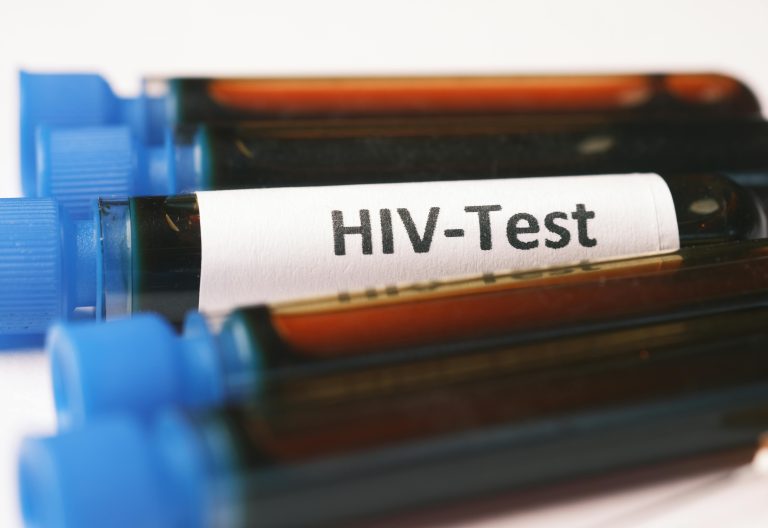WHO urges countries to adopt low-cost HIV tests to sustain life-saving services
By Milliam Murigi, May 19, 2025As countries grapple with aid cuts and financial uncertainty, the World Health Organisation (WHO) is urging the adoption of low-cost, pre-qualified HIV rapid tests to ensure continued access to critical HIV services.
Switching to affordable and quality-assured tests, particularly as the first step in national HIV testing algorithms according to WHO, can significantly reduce costs for health programs while maintaining accuracy and effectiveness.
“Adopting a high-quality and low-cost first test will result in an immediate and substantial reduction in testing costs. This also applies to the HIV syphilis dual tests in antenatal care,” reads part of the WHO statement.
The agency has also released a toolkit to help countries transition efficiently and recommends the use of flexible testing algorithms backed by verification studies. WHO is also encouraging countries to introduce HIV self-tests, both blood- andl-based, as an alternative.
These can help plug service delivery gaps, particularly in remote or underserved communities. “The global HIV response and epidemic control is at risk,” says Dr Meg Doherty, Director of WHO Global HIV, Hepatitis and STI Programmes.
“We must continue to do everything we can to support countries in delivering life-saving HIV services. Providing countries flexibility and shifting to low-cost, quality-assured HIV rapid tests, dual HIV/syphilis and self-tests will ensure impact, quality and allow more resources to reach people living with HIV and prevent new infections.”
According to the statement, WHO will support countries to expedite product availability in countries, such as through waivers to expedite regulatory approvals, which are needed to make this rapid transition. Existing national regulatory pathways will also help fast-track the introduction and registration of new products.
“We look forward to working with countries to support adoption and implementation of this guidance to both minimise the costs of HIV tests and ensure sustained provision and access to HIV testing services,” says Marijke Wijnroks, the Global Fund’s Head of Strategic Investment and Impact
More Articles

